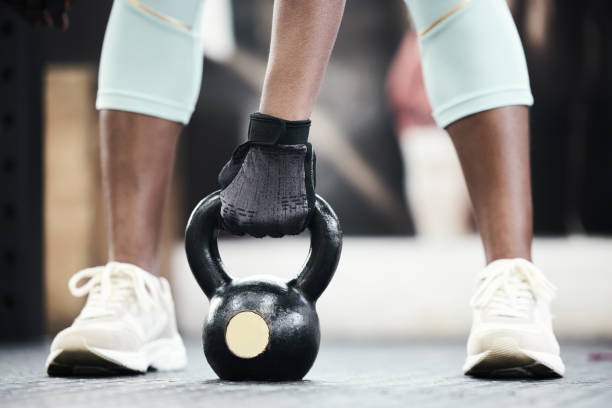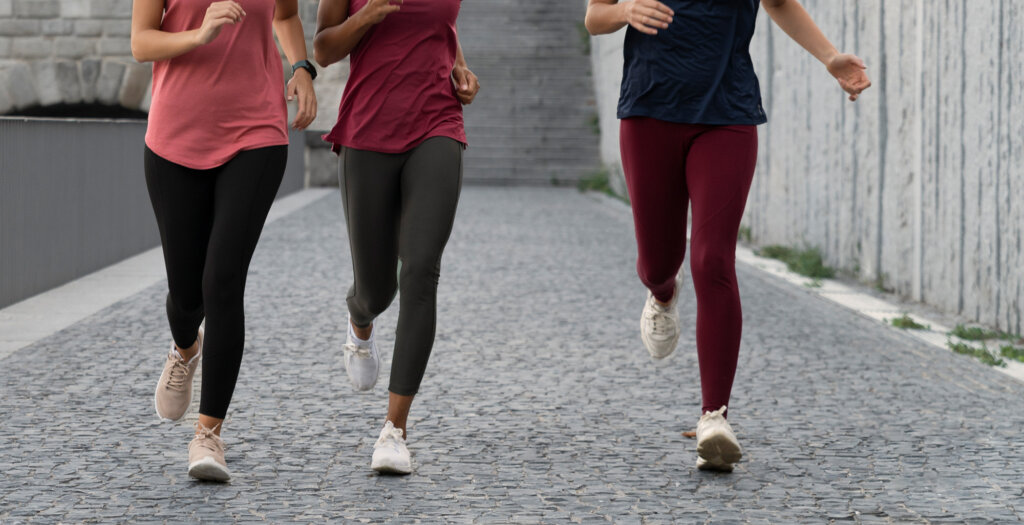Engaging in sports isn’t just about keeping your body fit—it can do wonders for your mind too. According to a fresh Australian study published on February 14, 2024, in the British Medical Journal, certain exercises can significantly reduce the risk of depressive symptoms.
By combing through 218 studies involving over 14,000 participants, researchers have uncovered some fascinating insights.
While we all know that “exercise is a great remedy for depression,” as study author Michael Noetel points out to the PsyPost, the benefits of sports can vary depending on the intensity, age, and even gender.
Depression: Finding relief in walking, yoga, and weightlifting
Over the years, numerous scientific studies have sung praises about the mental health benefits of staying active. However, until now, none have pinpointed which exercises are the most effective.
“While research has shown that exercise can help with depression, we didn’t know which activities were the most beneficial. Was just a general nudge in the right direction enough? If not, what exactly should we be recommending? We wanted to delve into the data to find out what works best,” explains researcher and author Michael Noetel.

And guess what? The answer lies in activities like yoga or jogging, according to Australian scientists. “When it comes to combating depression, brisk walks or runs, yoga, and pumping iron were found to be more effective than other exercises, especially when done with gusto. Exercise proved equally effective for folks with or without existing conditions and across different levels of depression,” the scientists report.
From brisk walks and jogs to yoga stretches and weightlifting reps, movement, regardless of background or the intensity of depressive symptoms, has proven to be particularly effective compared to traditional care or placebo treatments.
Walking and running showed the most significant effects, closely followed by yoga and weightlifting. But even aerobic practices like tai chi have shown benefits for mental health.
Tailoring sports to combat depression
But here’s where it gets interesting: The amount of exercises you do not matter in reducing depressive symptoms—it’s all about the intensity. “The benefits of exercise tended to increase with the intensity, with vigorous activity yielding better results,” the researchers note.
 Moreover, the recommended sports differ based on age and gender. While people benefit from walking or jogging, weightlifting was more effective for women, and yoga was the go-to for men. Plus, yoga was slightly more effective for older individuals, while weightlifting was more beneficial for the younger crowd.
Moreover, the recommended sports differ based on age and gender. While people benefit from walking or jogging, weightlifting was more effective for women, and yoga was the go-to for men. Plus, yoga was slightly more effective for older individuals, while weightlifting was more beneficial for the younger crowd.
“We were taken aback by how effective exercise proved to be for such a wide range of people. The benefits surpassed our expectations. Exercise is just as effective as therapy and medication. We were surprised to find that factors like goal-setting didn’t enhance the effectiveness of exercise,” said Michael Noetel.
Mindfulness, nature, and self-efficacy: Understanding the mental health benefits of sports
While hormones like endorphins play a role in the mental health benefits of exercise, there are other factors at play. “A mix of social interactions, mindfulness or experiential acceptance, increased personal efficacy, exposure to green spaces, neurobiological mechanisms, and positive feelings come together to produce results,” the researchers explain.
Sports activities affect mental health on multiple levels—some promote mindfulness (like yoga), others foster social connections (think group exercises), while activities in green spaces (like walking) provide a mood boost. Ultimately, sports empower individuals and improve physical health, making them a valuable tool in combating depression.
The next step? Making exercise accessible to everyone as a form of treatment.
This article was syndicated from Marie Claire France
Translated and adapted by Praise Vandeh, Marie Claire Nigeria Content Writer

